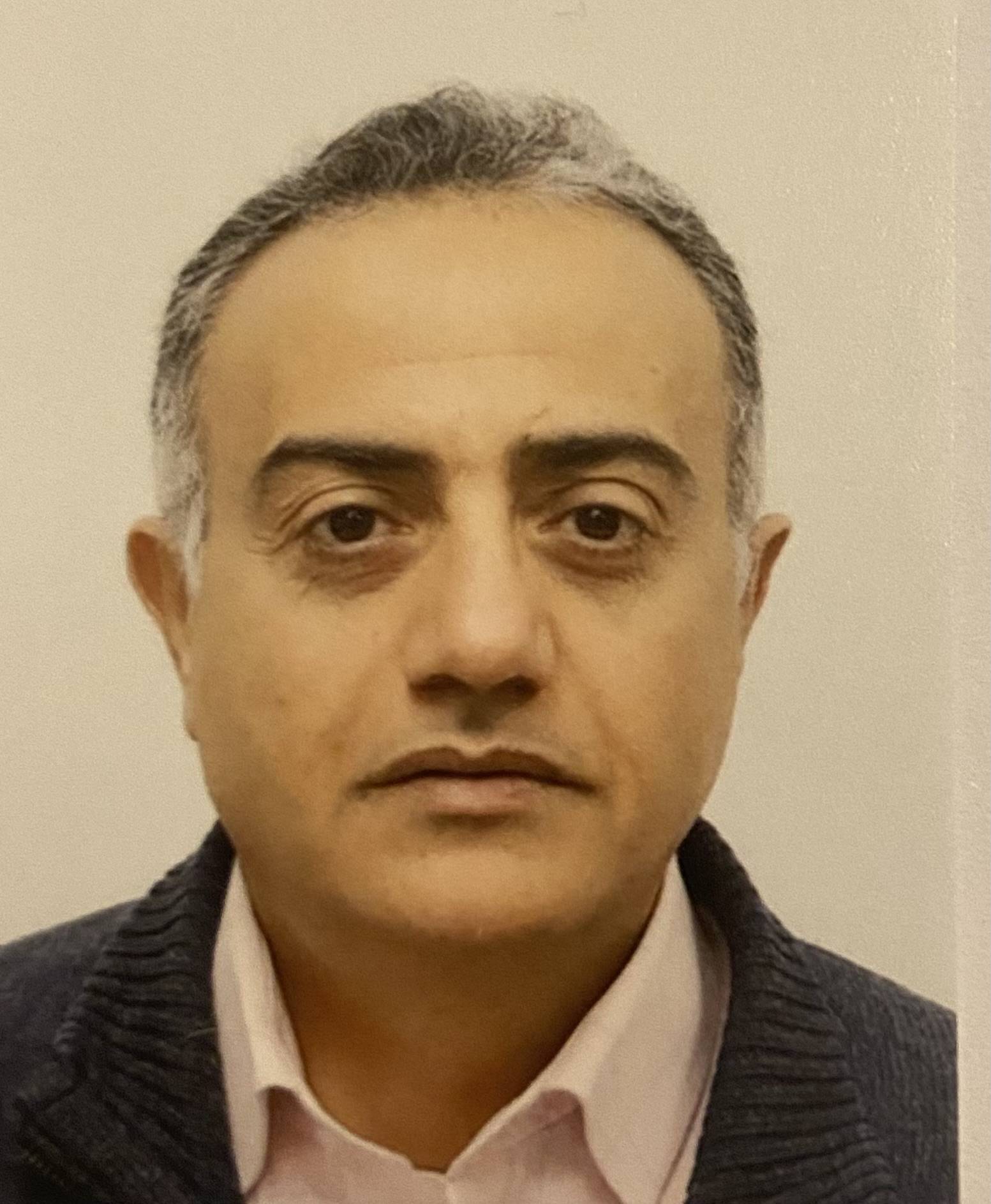Sheikh Zayed Bin Sultan Al Nahyan was so “suspicious” of Saudi Arabia that he asked the United States to intervene and stop the Saudi leadership from making territorial claims against its Gulf allies, declassified British documents show.
Since the foundation of the UAE in 1971, the Gulf state has been entangled in territorial disputes with Saudi Arabia. In 1974, both countries signed the Jeddah Treaty, under which the kingdom recognised the Emirates as an independent state and relinquished part of its claims over the oil-rich Al-Buraimi Oasis, an area located between northwestern Oman and the UAE.
In exchange, Riyadh acquired the Al-Huwaisat Island in the Gulf and the revenues from the Shaybah oil fields, which extends into Emirati territory.
However, the UAE has never ratified the Jeddah Treaty, disputing it since 1975 due to discrepancies between the oral agreements and the written text, instead it has repeatedly tried to renegotiate the agreement.
Tensions between the two Gulf States have escalated in recent years, particularly after Abu Dhabi unilaterally demarcated its maritime border, an action that Riyadh strongly rejected as a violation of the Jeddah Treaty.
READ: Saudi Arabia plans to pay off Syria’s World Bank debts, sources say
In April 2024, Saudi Arabia filed a complaint with the United Nations after the UAE declared a contested maritime area a “protected marine area.” In a letter to the UN Secretary-General, Riyadh also rejected a 2019 Emirati decree that designated Al-Yasat, a group of four islands including Upper Yasat, Lower Yasat, Esam and Karsha, as a marine reserve. The original designation dates back to a 2005 decree, with the first artificial coral reef constructed around the islands at that time.
In April 1986, Sheikh Zayed, the founder and late president of UAE, personally invited Julian Amery, a Conservative member of the UK House of Commons, to visit Abu Dhabi. During the visit, they discussed relations between the UK, the US and the Gulf region — particularly the UAE. Amery, a known Conservative Zionist and former minister of state for the Foreign and Commonwealth Office (1972–1974), had strong ties to the Middle East. His father, Leo Amery, was also an MP and a prominent advocate for the British Empire. Like his father, Julian strongly opposed the decolonisation process and was a leading member of the Suez Group of backbenchers in the House of Commons.
According to documents unearthed by MEMO in the British National Archives, Sheikh Zayed and his nephew and Chief of Staff, Sheikh Surour, told Amery that they had asked the US to intervene in the ongoing territorial dispute with Saudi Arabia.
The Records of the UK Prime Minister’s Office confirm that the two UAE sheikhs met with Amery during his visit to Abu Dhabi.
“Sheikh Zayid and Sheikh Surour are deeply suspicious of the Saudis,” Amery wrote in his notes after the meeting.
At the time, Saudi territorial claims were primarily directed at Oman, but Amery noted that Sheikh Zayed told him that he was “well aware of Saudi pretensions over the Buraimi Oasis.”
The Buraimi dispute stemmed from Saudi Arabia’s long-standing claim to the oil- and water-rich oasis, which consists of nine villages. In 1952, Saudi forces attempted to annex the oasis, leading to an armed conflict that lasted until 1955. The conflict involved tribes and forces loyal to Saudi Arabia, Oman and the Trucial States of Oma, the precursor to today’s UAE.
The issue was formally resolved in 1974 with the signing of the Jeddah Treaty between Sheikh Zayed and King Faisal of Saudi Arabia.
However, during his meeting with the British MP, Sheikh Zayed expressed regret over the agreement. He said that he felt he had “given away too much.”
During Amery’s visit to the UAE, Sheikh Zayed also hosted Richard Murphy, then US assistant secretary of state for near eastern and south asian affairs. Sheikh Zayed recounted the meeting to Amery, saying he had discussed the territorial dispute with the Saudi leadership in blunt terms.
According to Amery’s notes, Sheikh Zayed said he “told Mr. Murphy bluntly that the United States should impress on the Saudis the importance of not making territorial claims against their allies in the Gulf Cooperation Council.” Amery noted that Sheikh Zayed was referring to both Oman and Abu Dhabi.
Moreover, Sheikh Zayed asked Murphy to convey the message to the Saudis “not just as his [Zayed’s] view, but as Washington’s own views.”
Upon returning from his trip to the Gulf, which also included a stop in Oman, Amery sent his notes to Prime Minister Margaret Thatcher and Foreign Secretary Geoffrey Howe.
He observed that, for the first time in his visits to the UAE, the Emirati leadership appeared more preoccupied with Saudi territorial ambitions than with the Palestinian issue. Sheikh Zayed told him he had only mentioned Palestine “in general” during his discussions with Murphy.

Historically, Amery pointed to the fact that Britain had been the protector of the Emirates along the Trucial Oman coast and had defended Buraimi and its oil fields from “Saudi aggression.” He blamed the Labour government for the retreat of British influence in the UAE following its independence. He noted that the “cooling of Anglo–UAE relations” created space for other Western states, including the United States, to fill the vacuum, resulting in the exclusion of British advisers.
However, the MP observed a “marked return of friendship” between the UK and the UAE. One reason for this, he noted, was a growing “disillusionment with the United States,” in addition to Britain’s improved economic performance.
The views expressed in this article belong to the author and do not necessarily reflect the editorial policy of Middle East Monitor.


![Sheikh Zayed Bin Sultan Al Nahyan, Emir of Abu Dhabi in his palace in Abu Dhabi. [Photo by Genevieve Chauvel/Sygma/Sygma via Getty Images]](https://i0.wp.com/www.middleeastmonitor.com/wp-content/uploads/2025/04/GettyImages-1478395290-1-1.jpg?fit=1200%2C800&ssl=1)









